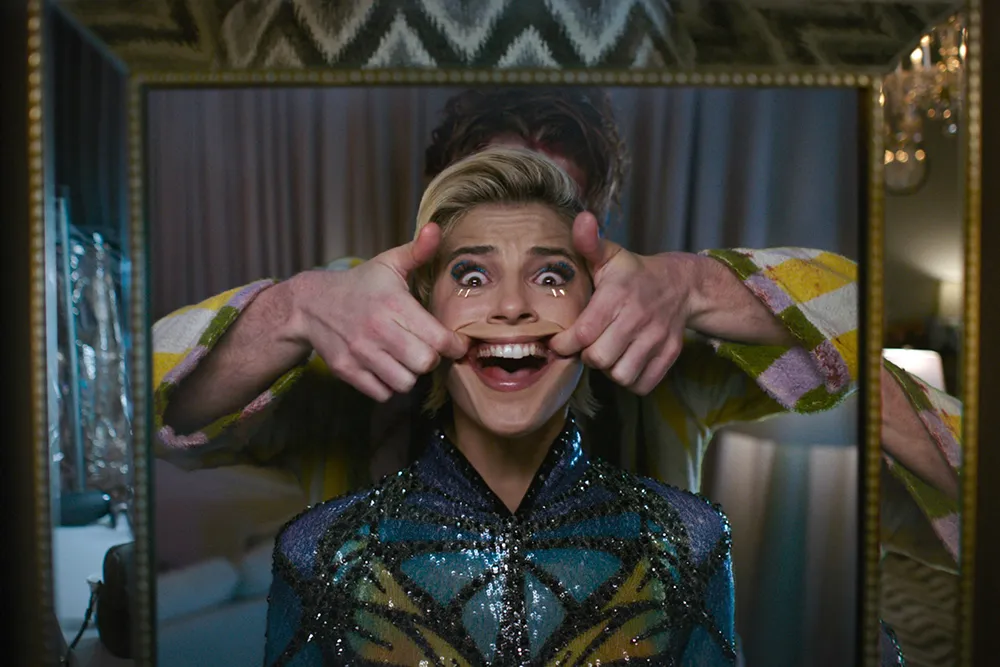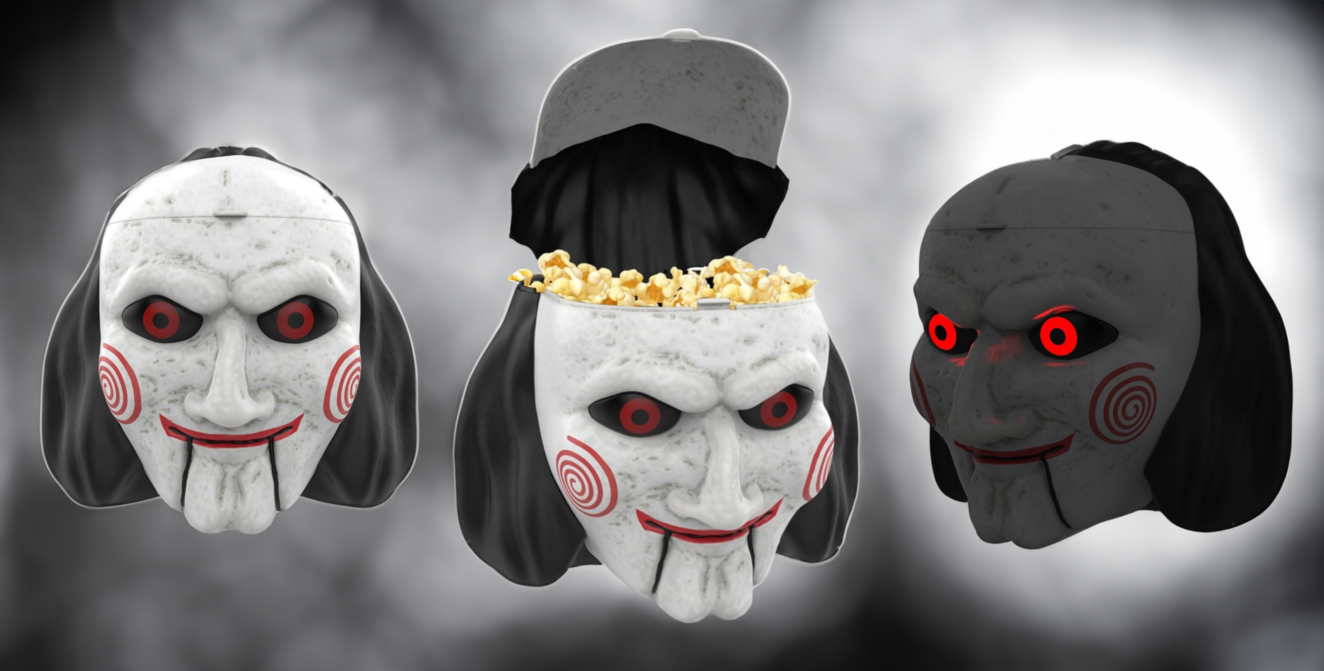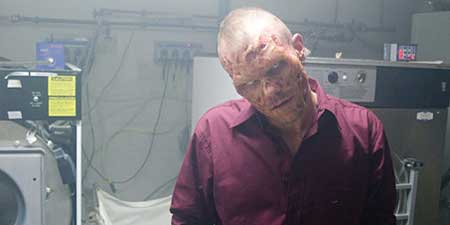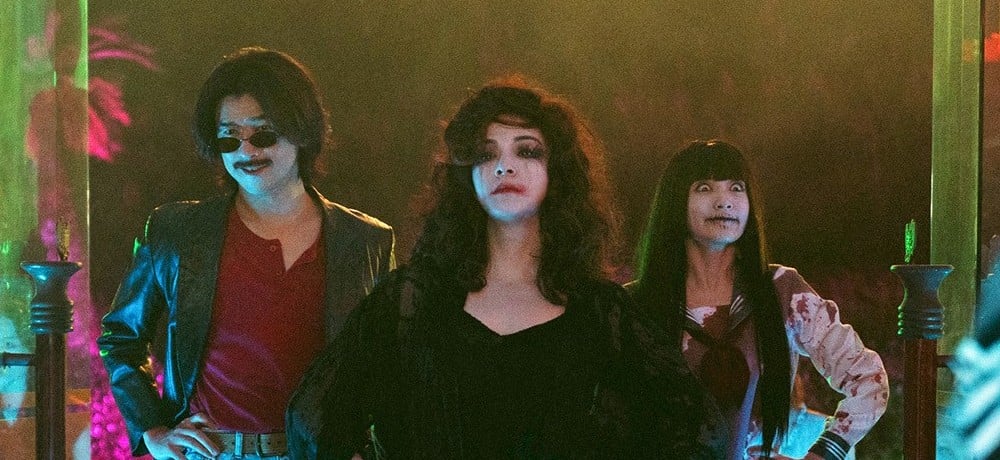
John Hsu’s Dead Talents Society is a cutesy and buoyant Taiwanese horror-comedy guaranteed to put a smile on your face. It’s far funnier than frightening, with shades of Monsters, Inc., Beetlejuice, and The Influencer. John Hsu and Kun-Lin Tsai write the afterlife as a corporatized competition for virality, where your soul’s worth is tied to its profit-grossing scare tactics. J-Horror influences inspire scare sequences, but the film is more interested in finding humor behind the scenes as “professionals” carefully architect each haunt’s logistics. Imagine Sadako vs. Kayako but as a Christopher Guest sports comedy. Hsu values lighthearted entertainment over frights in a soulful way, which might not work for everyone, but ends with a climactic showdown event that brings everything together.
Gingle Wang stars as Cho Hsiao-lei, a novice spirit who is afraid of “glitching” into oblivion. If your living relatives forget your existence, you disappear like a bad television rerun in the afterlife — her hands literally flicker like bad-reception static. Hsiao-lei fears ultimate termination when her family misplaces artifacts from her living days, so she applies for a Haunting License. It’s the only way for dearly departeds to remain apparitions if their hosts move onward to acceptance. Hsiao-lei joins manager Makato (Bo-lin Chen) and one-time legend Catherine (Sandrine Pinna) as their moldable rookie, hoping to prevent her vanishing by becoming a primetime scare expert in thirty days.
It’s an adorable scenario that doesn’t care about staying attached to traditional ghostly representations. The lore is both rich and slight in different aspects to the film’s benefit. Hsu invests heavily in the universe’s business-like approach to scares as theater, hilarious talk-show segments, or celebrity gossip news reports. A rivalry between the washed-up, Kayako-like diva Catherine and Jessica (Eleven Yao), a younger Sadako stand-in who takes advantage of newfound technological realms, becomes comical fodder as they bicker during interviews or are instigated by television hosts.
Everything’s overdramatized like a prying reality show, especially when Hsiao-lei’s bumbling mentee enters the mix. Catherine must decide between fighting for her spotlight or letting the next generation take over, as she attempts to stay relevant as a legendary “Room 414” huantress. Dead Talents Society becomes a workplace comedy with spectral influences in these parts: when the film is at its best.
Hsu and Kun-lin are lax with their representation of ghostly attributes. Hsiao-lei looks like you and I, perhaps a bit paler. Her physical form abides by textbook physics, interacting with the world as she did when alive, but can only be seen by the living when filled with resentment (triggering scare sequences). We watch Hsiao-lei and her best friend Camilla (Bai Bai) slam laptops, swing open doors, and push trinkets off desks while their human target only sees Catherine’s “Exorcist Crawl.” It’s a goofy representation that breaks down how teams of ghosts execute a single haunt, as carefree charms define an “America’s Got Talent” take on hauntings as a sustainable supernatural career choice. Hsu and Kun-lin’s script takes soft metatextual swings like Catherine’s contortionist yoga training or Hsiao-lei’s training montage, which becomes its signature quirk.
Even in death, characters cannot escape the pressures of viral branding. Dead Talents Society is a crackup comedy as American vloggers summon Jessica or famous influencers like “Non-Believer” make a mockery of the afterlife for clicks. Hsiao-lei’s nobody ghost doesn’t have that reach at the beginning — and faces erasure as a result. Hsu confronts self-worth as a popularity numbers game, and navigates a heartwarming story that intertwines with Hsiao-lei’s earthy days spent chasing trophies in our grinding, perfection-obsessed existences. As funny as Dead Talents Society can be, with Catherine and Jessica caught in their fame-seeking behaviors, Hsiao-lei’s feelings of being a “loser” and “I hate this life!” catchphrase lead to a potent introspective finale. Revelations aren’t more than realizations about coming together as communities and valuing yourself, but they’re hardly cheap platitudes. Whether a fleshy human or a durable apparition, emotions are universal — which Hsu champions with sentimental compassion.
There’s a little bit for everyone in Dead Talents Society. As an underdog story, juicy competition applies ample stakes to Hsiao-lei’s training as Catherine’s team — including deceased pop-idol Makoto (Chen Bolin steals a karaoke scene) and technical support Kouji (Soso Tseng nails an exhausted employee vibe) — gives us plenty to root for. When the horror elements intensify, Hsu splashes blood on victims and impales Hsiao-lei on a neon hotel marquee with spiky light fixtures to gruesome results. Then the games begin between Catherine, Jessica, and Hsiao-lei, resulting in cheekily funny sabotages (everything from Legos to costumed body doubles). Hsu loses control of softer comedy beats in spots, and the film’s nearly 2-hour duration begs for a little trimming, but those complaints are overshadowed by genuine heart and soul that’s nowhere near rotten or invisible.
Dead Talents Society is a delightful paranormal romp that doesn’t care about horror uniformity for the better. Hsu trades grim existential dread for a ghostly realm that doesn’t appear all that different from reality, which brings relatability to issues beyond the grave. It’s Asian Horror coded and will require an appreciation for Taiwanese squee-brand comedy, always approaching scenes from a place of cheerful enjoyment — setting expectations correctly. It’s about as scary as a Casper movie (albeit blood-soaked), but who cares? Dead Talents Society justifies its story as a comfy-cozy horror-comedy that turns the art of a scare into an undead national pastime.
Movie Score: 3.5/5

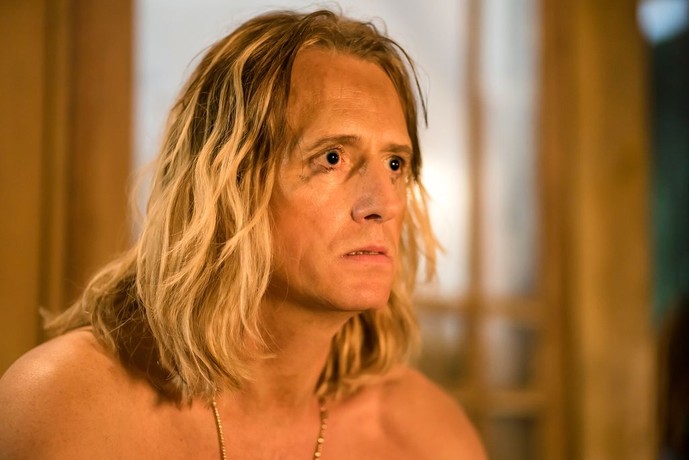

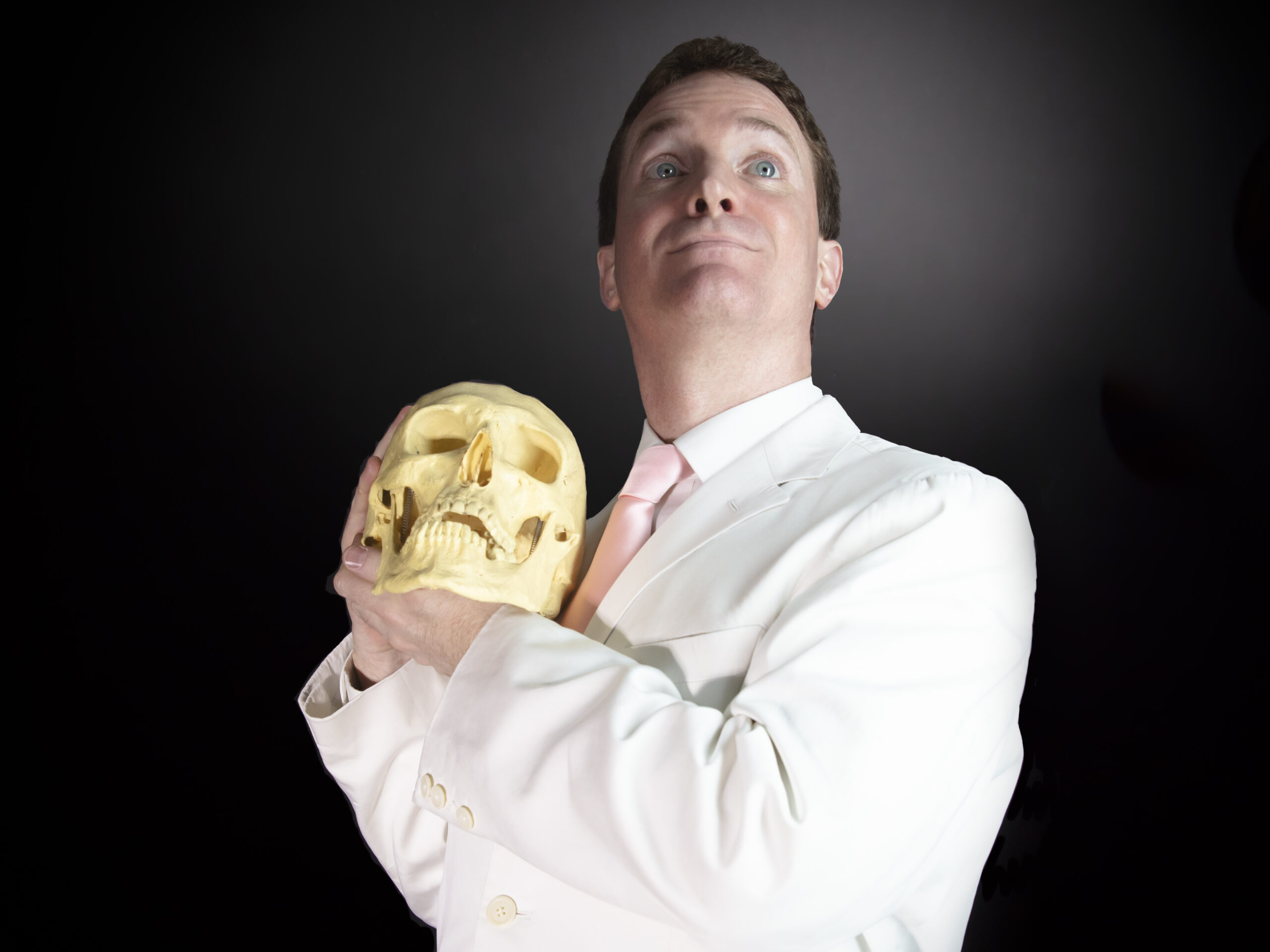

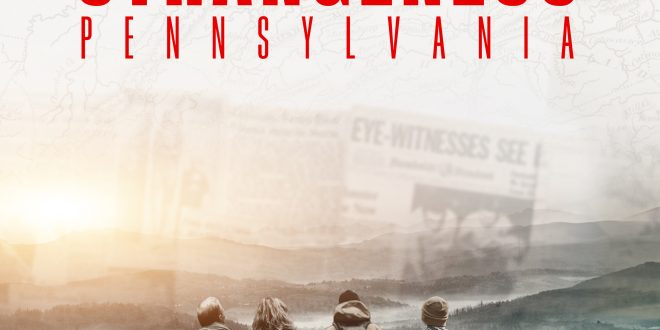



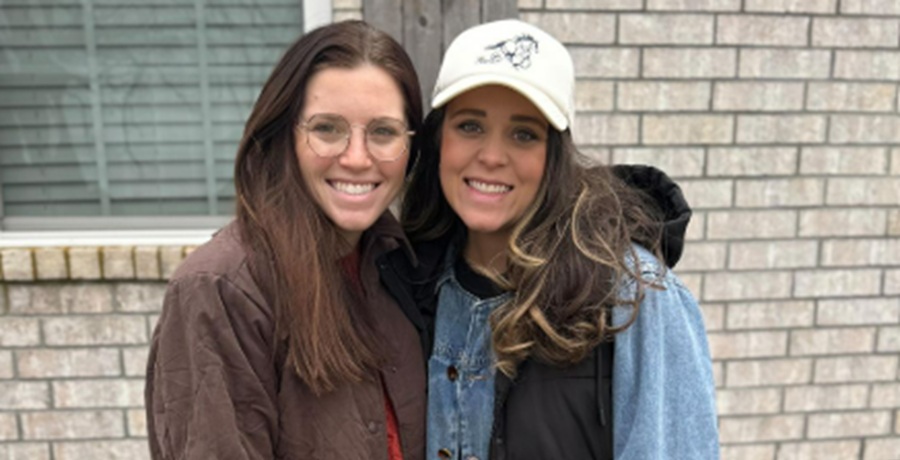

![‘Cherry Falls’ is a Clever Take on Horror Clichés [The Rabid Dog’s House] ‘Cherry Falls’ is a Clever Take on Horror Clichés [The Rabid Dog’s House]](https://wickedhorror.com/wp-content/uploads/2024/12/Cherry-Falls-Brittany-Murphy-Cliche-Cover.png)
